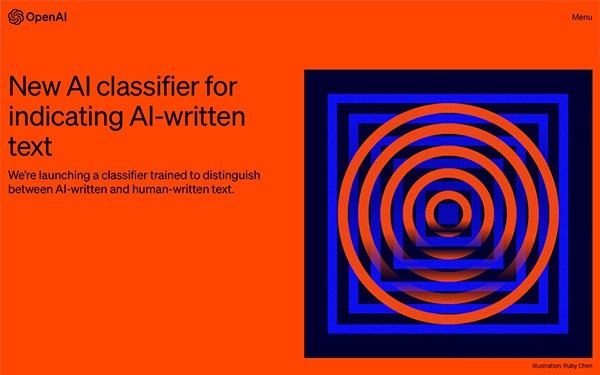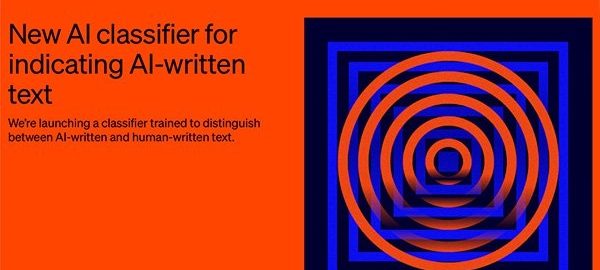OpenAI Text Classifier Shuttered Based On Low Accuracy Rate

OpenAI as trained a classifier to distinguish between text written by a human and text written by artificial intelligence (AI). The company introduced the AI Text Classifier in late January, but this one failed to do its job.
Apparently, it’s a little more difficult than first thought to identify text written by artificial intelligence.
The company posted this on its website: As of July 20, 2023, the AI classifier is no longer available due to its low rate of accuracy. We are working to incorporate feedback and are currently researching more effective provenance techniques for text, and have made a commitment to develop and deploy mechanisms that enable users to understand if audio or visual content is AI-generated.
The explanation did not appear in a new announcement, but rather added in a note added to the blog post that initially announced the tool. The tool is no longer available.
Although the company said it is impossible to reliably detect all AI-written text, developers at OpenAI believe good classifiers can inform mitigations for false claims that AI-generated text was written by a human. For example, running automated misinformation campaigns, using AI tools for academic dishonesty, and positioning an AI chatbot as a human.
Misinformation written and disseminated by AI has been a concern, with studies showing AI-generated text, like tweets, might be more convincing than ones written by humans. The Washington Post in July covered the news of an FTC investigation of OpenAI on ChatGPT data collection and publication of false information.
The FTC sent OpenAI a “20-page demand for records about how it addresses risks related to its AI models,” according to a document reviewed by The Washington Post.
Not surprising, the company faces multiple warnings around AI consumer privacy laws and new regulations.
Less not forget the 23-word statement released in May and signed by many top artificial intelligence business leaders, engineers, policymakers, experts and researchers states that reducing the “risk of extinction” posed by AI should be an international priority, and issues a new warning about the existential threat they believe AI poses to humanity.
The statement warned that “Mitigating the risk of extinction from AI should be a global priority alongside other societal-scale risks such as pandemics and nuclear war.”
Senate Majority Leader Charles E. Schumer in June predicted that new AI legislation could be months away.
(8)







